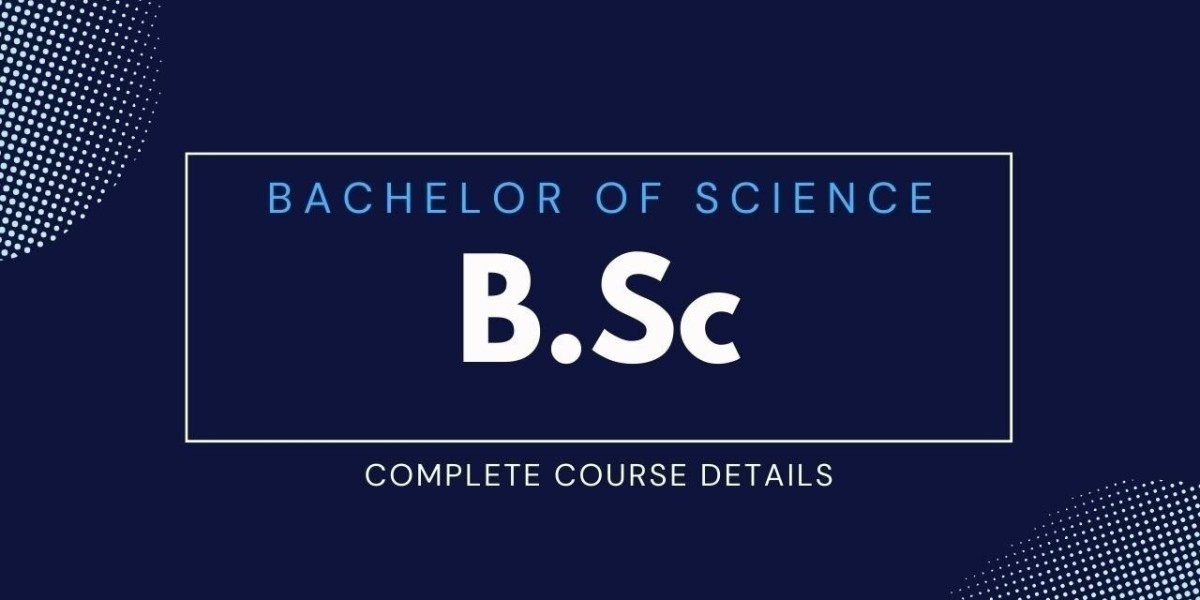The full form of BSc is Bachelor of Science. It is an undergraduate degree program that typically spans three to four years, depending on the country and educational institution. The primary focus of a BSc degree is to provide students with theoretical knowledge and practical skills in their chosen field of science or technology. BSc full form The program emphasizes analytical thinking, research skills, and problem-solving abilities, equipping students to tackle real-world challenges.
Historical Background
The concept of awarding degrees in science can be traced back to the 13th century when universities in Europe began formalizing education in various disciplines. Over time, the Bachelor of Science degree evolved to meet the growing demands of scientific inquiry and technological advancements. Today, the BSc is recognized globally as a cornerstone of higher education in the sciences.
Eligibility Criteria for BSc
To enroll in a BSc program, students typically need to meet the following requirements:
Educational Qualification: Completion of higher secondary education (10+2) with a focus on science subjects such as Physics, Chemistry, Biology, or Mathematics.
Minimum Marks: A minimum percentage of marks in qualifying examinations, often ranging between 50% to 60%, depending on the institution.
Entrance Exams: Some universities and colleges conduct entrance exams to shortlist candidates for admission.
Language Proficiency: In countries where English is the medium of instruction, students may need to demonstrate proficiency through tests like IELTS or TOEFL (for international candidates).
Specializations in BSc
One of the defining features of the BSc degree is its wide range of specializations. Some of the most popular options include:
Pure Sciences:
Physics
Chemistry
Biology
Mathematics
Applied Sciences:
Computer Science
Environmental Science
Biochemistry
Microbiology
Interdisciplinary Fields:
Biotechnology
Data Science
Neuroscience
Forensic Science
Professional Fields:
Agriculture
Nursing
Food Technology
Sports Science
Each specialization caters to a specific area of interest, allowing students to tailor their education to align with their career goals.
Structure of the BSc Program
A typical BSc program is divided into multiple semesters or years, with each segment comprising core courses, elective subjects, and practical sessions. The structure often includes:
Core Subjects: These are mandatory courses related to the chosen specialization. For example, a BSc in Physics would include mechanics, thermodynamics, and quantum mechanics.
Electives: Students can choose from a range of subjects to complement their core studies, such as computational techniques or environmental studies.
Laboratory Work: Practical sessions are integral to the BSc curriculum, allowing students to apply theoretical concepts in real-world scenarios.
Projects and Research: Many programs include a final-year project or dissertation to develop research and analytical skills.
Advantages of Pursuing a BSc
Diverse Career Options: A BSc degree opens doors to careers in research, academia, industry, healthcare, and more.
Strong Foundation: The program provides a solid grounding in scientific principles and methodologies.
Opportunities for Further Studies: Graduates can pursue postgraduate degrees like MSc (Master of Science), PhD (Doctor of Philosophy), or professional courses like MBA (Master of Business Administration).
Skill Development: Emphasis on critical thinking, problem-solving, and technical skills prepares students for a dynamic job market.
Global Perspective on BSc
The duration and structure of a BSc program vary across countries:
United States: Typically a four-year program with a liberal arts approach, allowing students to explore a broad range of subjects.
United Kingdom: A three-year program focused on specialization from the first year.
India: Generally a three-year degree with options for honors (BSc Hons) for in-depth study in a particular subject.
Australia and Canada: Offer three to four-year programs with opportunities for internships and industry exposure.
Career Opportunities After BSc
A BSc degree equips graduates with the knowledge and skills needed for various roles in multiple sectors. Some of the popular career paths include:
Research and Development: Roles in laboratories, research institutions, and universities.
Healthcare and Medicine: Positions like lab technicians, medical representatives, or roles in public health.
Information Technology: Jobs in software development, data analysis, and cybersecurity.
Education: Teaching positions in schools, colleges, or private coaching.
Industry Roles: Opportunities in pharmaceuticals, biotechnology, environmental management, and more.
Postgraduate Options After BSc
Many BSc graduates opt for further studies to enhance their expertise and career prospects. Common postgraduate pathways include:
Master of Science (MSc): Specializing in the chosen field of study.
Doctor of Philosophy (PhD): For those interested in advanced research.
Professional Courses: Degrees like MBA, or certifications in fields like data science, artificial intelligence, or project management.
Integrated Programs: Some institutions offer integrated MSc-PhD programs for seamless progression into research.
Challenges of Pursuing a BSc
While the BSc degree offers numerous benefits, students may face challenges such as:
High Academic Rigor: The program demands consistent effort and focus.
Limited Practical Exposure: Some institutions may lack advanced lab facilities.
Competitive Job Market: Graduates often need additional qualifications to stand out.
Emerging Trends in BSc Education
Interdisciplinary Studies: Programs combining science with other fields, such as computational biology and environmental economics.
Technology Integration: Use of AI and virtual labs to enhance learning.
Focus on Sustainability: Courses emphasizing renewable energy, conservation, and ecological balance.
Conclusion
The BSc Full Form, Bachelor of Science, represents an essential stepping stone for students pursuing careers in science, technology, and analytical fields. With its wide array of specializations, the degree caters to diverse interests and aspirations. While the program requires dedication and hard work, it offers immense opportunities for growth, both academically and professionally. Whether a student wishes to dive into research, join the workforce, or continue with postgraduate studies, a BSc degree lays a robust foundation for future success. As industries evolve and new challenges emerge, the role of a Bachelor of Science in shaping the scientific and technological landscape remains as relevant as ever.









